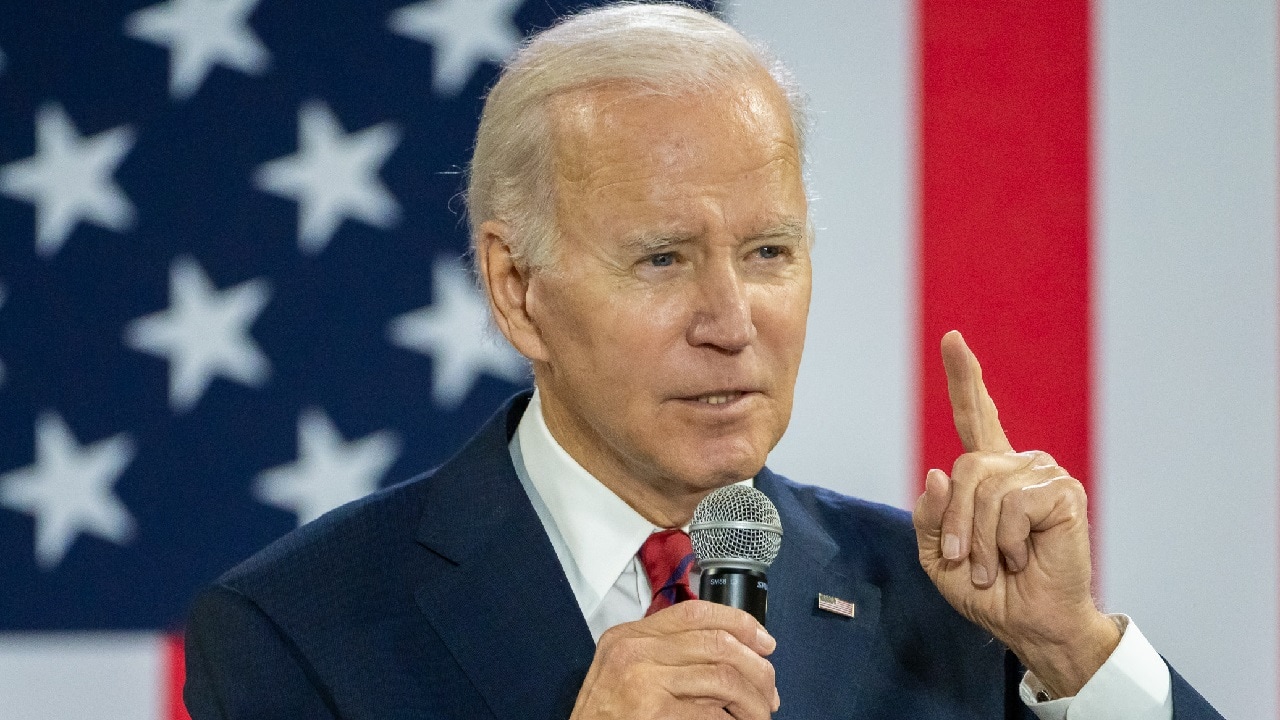Immigration has been one of the most pressing issues in US politics for several years. Seemingly intractable, successive administrations have failed to refine what seems like a broken immigration system.
Immigration is often framed as a moral issue, especially in the wake of the Trump years. Trump has been stirring up political controversy, unrelentingly, for eight years now. But it was immigration where Trump first made his mark, taking a hardline tact on immigration during his 2016 campaign, Trump spoke of “bad hombres” and promised to build The Wall as he tapped into the fear and anger of marginalized Americans who were hesitant to commit national resources to outsiders.
But immigration is not simply a moral issue, it’s not as simple as ‘No Human is Illegal.’ Overwhelmingly, despite the political framing, immigration is a practical issue. Accommodating hundreds of thousands of people requires a realignment of finite resources and the tightly tailored coordination of a sprawling infrastructure.
Similarly, immigration is not just a domestic issue. When discussing immigration, the discussion centers around domestic issues like deportation policy, detainment policy, whether or not to build The Wall. We should be discussing these domestic issues, of course. But domestic policy only addresses the tail end of the immigrant’s arc, that being the point after which the immigrant has arrived at, or passed through, our border.
Yet before arriving here, immigrants first make the decision to leave their country of origin, and then, the immigrant decides on a destination, which so often, becomes the USA. If we want to influence the upstream decisions that have contributed to our immigration crisis, we need to address not domestic policy but foreign policy – specifically the decisions have led to instability in regions like, especially, Central America.
“In the 1980s, Washington and its neoliberal collaborators began imposing policies that favored multinational corporations and hurt the working poor,” Jeff Faux wrote for The Nation. “For at least 150 years, the United States has intervened with arms, political pressure, and foreign aid in order to protect the business and military elites of these countries who have prospered by impoverishing their people.”
Specifically, the US “and its neoliberal collaborators at the IMF and World Bank began imposing policies on the region that favored large multinational corporations, undercutting the small farms and business that had supported the working poor,” according to Faux. “Meanwhile, many of the oligarchs became partners in the growing narco-trafficking business. Protected by government officials, criminal hangs have spread throughout the region, adding threats of kidnapping, extortion, rape, and murder to the daily life of people struggling to make a living.”
The result is an inhospitable, unstable environment in which the common person has no meaningful future. Naturally, people leave – only to arrive at an inhospitable environment at the US border. As Faux describes, “we have trapped Latin American migrants between a foreign policy that drives them from home and a domestic policy that drives them back.” A vortex of transient misery.
Immigration will not be an easy fix, as it has foiled successive administrations, both Republican and Democrat alike. Neither a hardline nor permissive domestic policy is likely to cause the problem either, as domestic policy only deals with the downstream effects of our foreign policy. To get at the heart of the immigration crisis, the US will need to reconsider its foreign policy.
Harrison Kass is the Senior Editor and opinion writer at 19FortyFive. An attorney, pilot, guitarist, and minor pro hockey player, Harrison joined the US Air Force as a Pilot Trainee but was medically discharged. Harrison holds a BA from Lake Forest College, a JD from the University of Oregon, and an MA from New York University. Harrison listens to Dokken.

